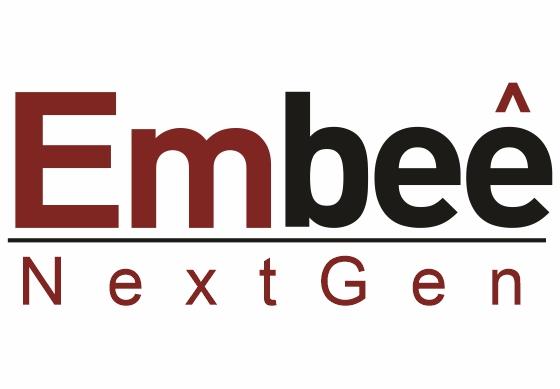Transitioning from a side hustle to a full-time business is an exciting venture that comes with its unique set of challenges. As the gig economy flourishes, managing your finances becomes not just beneficial but essential. In this guide, we’ll walk you through the ins and outs of scaling your freelance venture with accounting strategies that pave the way for sustainable growth. Whether you’re a designer, developer, or writer, these tips from Embee NextGen will ensure your financial framework is as professional as your services.
Accounting Tips For US Freelancers
Below are a few accounting tips that you can incorporate for a smooth transition from a side hustle to a business-
Understanding and Separating Personal and Business Finances
The first step to professionalizing your freelance business is to separate your personal and business finances. Open a business banking account and use it to handle all business-related transactions. This separation simplifies your accounting processes, aids in more accurate tax reporting, and provides a more transparent report of your business’s financial health. Consider Outsource Accounting Services for seamless management of your business finances.
Effective Invoicing Techniques
Your cash flow depends on how efficiently you can convert your hard work into hard cash. Setting up an efficient invoicing system that includes timely billing and follow-ups on late payments is critical. This ensures that you maintain a healthy cash flow, essential for the sustainability of your business.
Keeping Detailed Expense Records
Maintaining meticulous records of every business expense is important for freelancers, as it provides tax deductions. Organizing receipts and systematically tracking all costs ensures you’re prepared for tax season and maximizes your potential deductions. This detailed record-keeping also offers critical insights into your financial habits, highlighting areas where you might cut costs or reallocate funds more effectively. By closely monitoring your spending patterns, you can refine your budgeting strategies, leading to better financial management. Leveraging Online Bookkeeping Services can simplify this process and enhance accuracy.
Planning for Taxes
As a freelancer, you’re responsible for your tax obligations, including estimated quarterly taxes. Understanding and managing these requirements is a crucial part of your financial management strategy. Aside from keeping excellent records, part of your tax strategy should include setting aside funds specifically for tax payments. Consulting with a tax professional can help ensure that you’re taking advantage of all applicable Tax Savings and staying compliant with IRS requirements
Utilizing Financial Software
As you expand your freelancing operations, manual financial tracking can become stressful. Using accounting software automates many tedious financial management tasks, such as bookkeeping and transaction tracking, which enhances productivity. These tools also provide valuable financial reports and insights, helping freelancers understand their business’s financial health at a glance. Forecasting features can predict future financial trends based on past data, aiding in strategic planning. This technological support is vital for freelancers aiming to scale their businesses effectively. It allows freelancers to focus more on their core services and less on administrative and financial tasks. Implementing Digital Transformation strategies can further streamline your financial management.
Investing in Retirement
For freelancers, the absence of employer-sponsored retirement plans like a 401(k) emphasizes the importance of retirement planning. Independent workers should consider setting up retirement accounts such as a SEP IRA or Solo 401(k). These plans help secure your financial future. They also offer immediate tax benefits, allowing deductions on contributions that reduce taxable income. Regularly contributing to these plans leverages the power of compound interest, magnifying the growth of your initial investments over time.
Regular Financial Reviews
Regular financial reviews conducted quarterly or bi-annually help maintain your freelance business. These periodic evaluations allow you to measure your current financial status against your goals for the year. It’s an opportunity to identify discrepancies or areas where your business might be veering off track. During these sessions, reassess your budget based on your latest income and expenses, refine your financial strategies to better tackle upcoming challenges, and realign your objectives to ensure you are on course to meet or exceed your goals. Understanding the Search Fund Strategy can provide additional insights into scaling your business.
Consulting with Professionals
No matter how adept you might become at managing your own finances, there’s always value in expert advice. Hiring a professional, even on a consultative basis, can provide tailored advice that mitigates risk, optimizes earnings, and navigates the complex regulatory landscape. For complex tasks like Payroll Processing, professional support can be invaluable.
Conclusion
Adopting solid financial and accounting practices is essential for turning your freelancing gig into a scalable business. By following the tips outlined in this guide, you can enhance your financial management skills, ensuring the long-term success of your business.
For tailored financial advice and comprehensive accounting solutions, consider partnering with Embee NextGen. Together, we can ensure that your financial management is as efficient and effective as possible.
